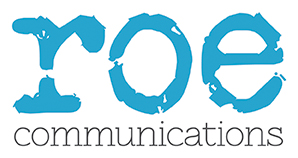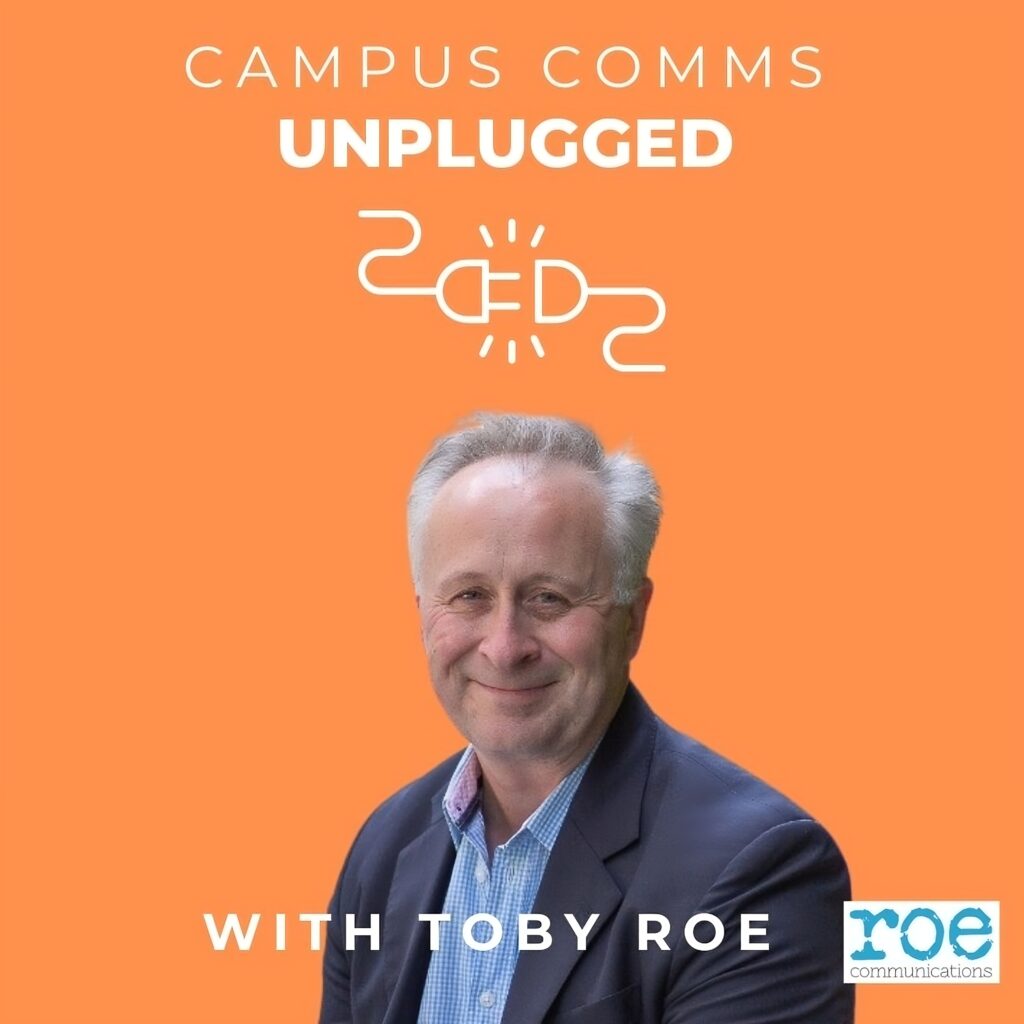Making a business school stand out from the crowd is a perennial challenge for marketing communications teams.
Our latest survey of business school marketing communications professionals (2024), conducted in collaboration with CarringtonCrisp and EFMD, found that 75% of respondents definitely or mostly agreed that it was becoming more difficult to differentiate their schools.
Over the last year, we asked high-profile leaders in business education for their advice on differentiating schools.
Here’s what they had to say…
1. Start by listening
“Don’t be daunted. The idea that a school can’t differentiate itself from competitors is nonsense. Of course, many schools will offer similar programmes in similar ways and at similar prices, but that’s a given; these are the hygiene factors every school needs.
“The starting point is listening. Listen to your students, staff, alumni and all of your other stakeholders. Discover why they chose you, what they think of you today and what they tell others about you. Knowing who you are is key to becoming who you want to be.”
Andrew Crisp is the joint owner of CarringtonCrisp, a specialist consulting firm in higher education.
2. Focus on your unique strengths
“Business schools should focus on their unique strengths and avoid diluting their brand by trying to appeal to everyone simultaneously. Find where your key expertise lies, and channel your authentic voice anchored in the organisational foundations and culture.
“While thinking of the next innovative programme, AI integration, or sustainability agenda, remember your true asset – people. When the school’s faculty and professional staff feel that the organisation is true to its mission, they will bring their best selves to work daily and collaborate to augment the school’s positive impact.”
Magdalena Wanot, Head of Marketing and Communications at EFMD – the global management development network.
3. Unite as a sector
“Differentiation is important for our programme marketing, our research agendas and our bottom line (!). But I do wonder if prevailing geopolitical narratives might require us to think more about our united value as a sector rather than what makes one MBA programme a bit better than another one. Universities (and by extension, business schools) are increasingly becoming lightning rods for the very worst of populism – whether anti-woke, anti-immigration, or just plain anti-expert – as a former British government minister once thoughtfully opined. This narrative can only take hold if we allow a space that can be filled with such views.
“So, I fully acknowledge we all need to play the differentiation game, and for good reason. As a sector, we have more to gain in setting out a joined-up and ambitious story about the value of higher education and business schools to the societies and economies we serve.
Dan Maggs, Director of Partnerships & External Engagement at King’s Business School.
4. Be authentic and tell real stories
“It is difficult to have a standout profile and find newsworthy stories within tight deadlines.
“Our school is over 115 years old, with its codes, accreditations, and “jargon”, and it is crucial to differentiate ourselves in the highly competitive world of business schools. But that is our job.”
“Trends around AI will make these challenges even more pressing, and we will need to be even more creative, bring out emotion and authenticity, and tell real stories with real people.”
Marguerite Moulin, Head of External Communications at the ESSCA Group.
5. Think about lifelong learning
“Business schools indeed operate in an increasingly competitive market. We are not only competing against other business schools for top students, but many new players. These range from edtech companies to consultancies launching their own “universities”.
Recent headlines in The Economist and the Financial Times have questioned whether or not the traditional business degree is worth its salt altogether. In this context, I think business schools should think long-term when it comes to differentiation. Unlike some products or services, learning lasts a lifetime. Business schools have the opportunity to differentiate across this entire timeline.”
Emily Olyarchuk is Head of Brand Strategy, Reputation & Influence at ESCP Business School.


